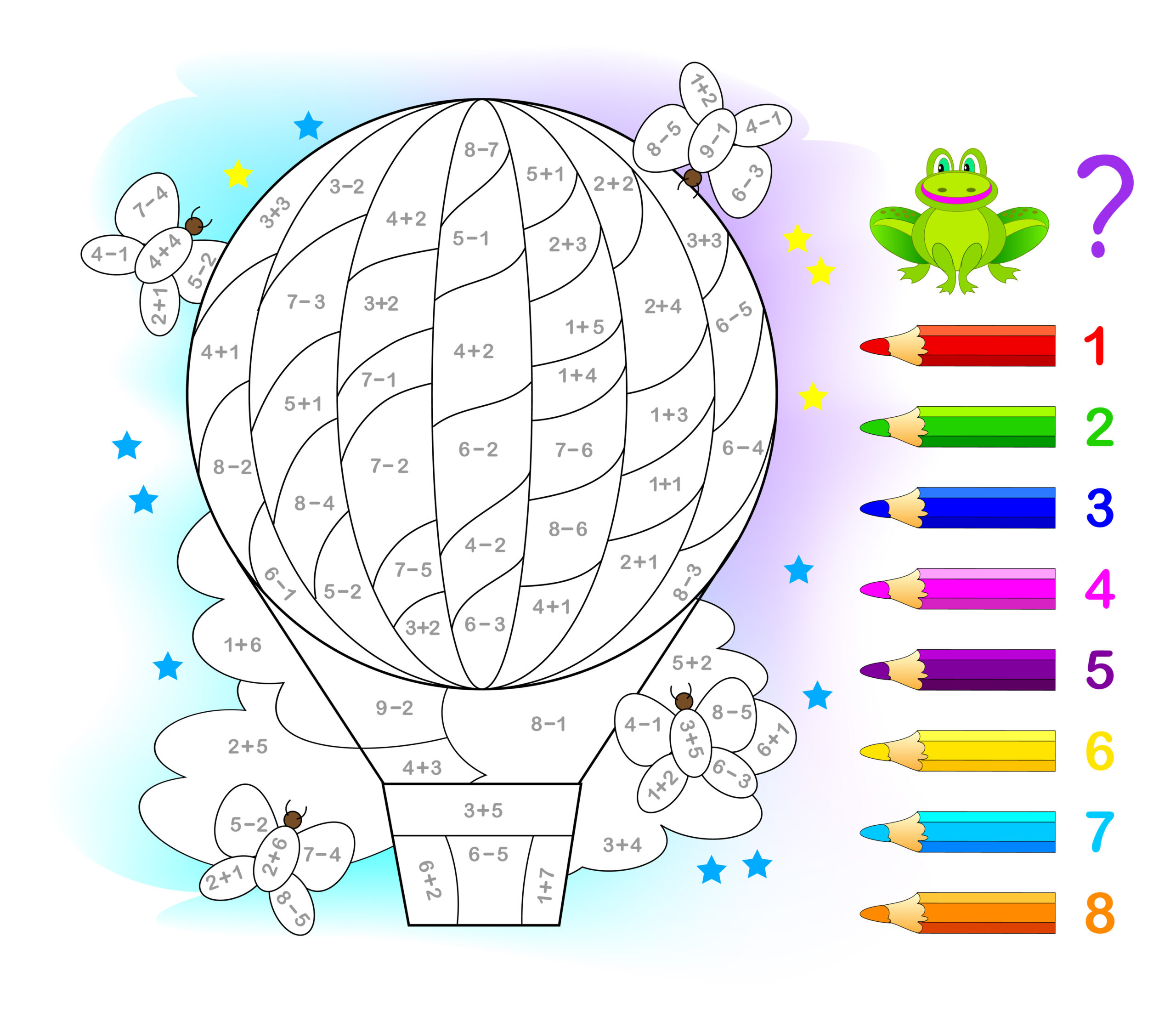The Role of Massage in Reducing Agitation and Anxiety
Massage therapy is often associated with relaxation and physical relief, but it also plays a significant role in reducing agitation and anxiety. By understanding how massage affects the body and mind, we can appreciate its benefits in promoting mental well-being.
### How Massage Reduces Agitation and Anxiety
Massage therapy influences brain chemistry by increasing the production of neurotransmitters like dopamine and serotonin. These chemicals are known as “feel-good” hormones because they promote relaxation and emotional well-being. At the same time, massage helps reduce cortisol levels, which is the primary stress hormone in the body. Lower cortisol levels lead to decreased anxiety and improved mental clarity[1].
### The Impact on Brain Function
Massage activates the parasympathetic nervous system (PNS), which is responsible for promoting deep relaxation and countering the effects of chronic stress. This activation helps improve sleep quality, which is crucial for memory retention and overall brain function. Additionally, massage lowers heart rate and blood pressure, creating an environment where the brain can function optimally[1].
### Benefits for Specific Conditions
In geriatric care, massage has been shown to reduce agitation in individuals with Alzheimer’s disease. Gentle massage techniques can provide comfort and improve the quality of life for seniors who are often touch-deprived. This form of massage also helps ease anxiety and improve sensorimotor functions, particularly after a stroke[3].
### The Role of Touch in Emotional Well-being
Touch is one of the first senses we develop, and it remains a vital part of human connection throughout our lives. Positive touch can promote emotional security, reduce feelings of isolation, and strengthen the mind-body connection. This connection is essential for overall well-being and can encourage neuroplasticity, helping the brain adapt and heal from stress or trauma[1].
### Conclusion
Massage therapy is not just a luxury; it is a scientifically backed method for reducing agitation and anxiety. By influencing brain chemistry, improving sleep, and providing emotional comfort, massage plays a critical role in mental health. Whether you are seeking to boost your mood, improve focus, or support long-term mental well-being, regular massage therapy can be a valuable addition to your self-care routine.





